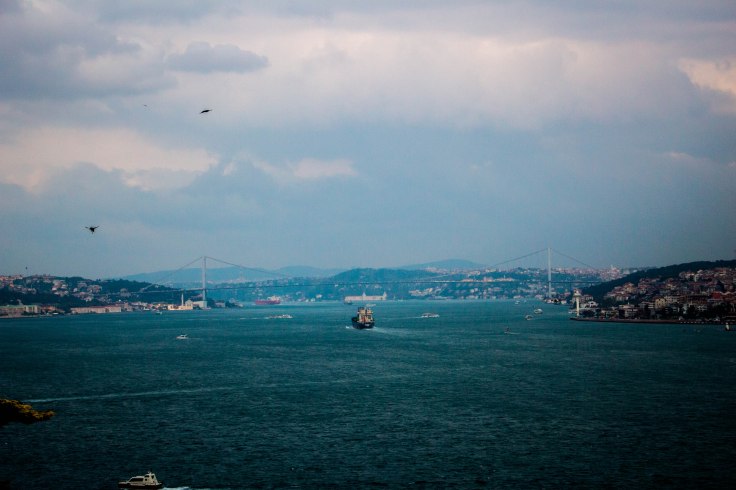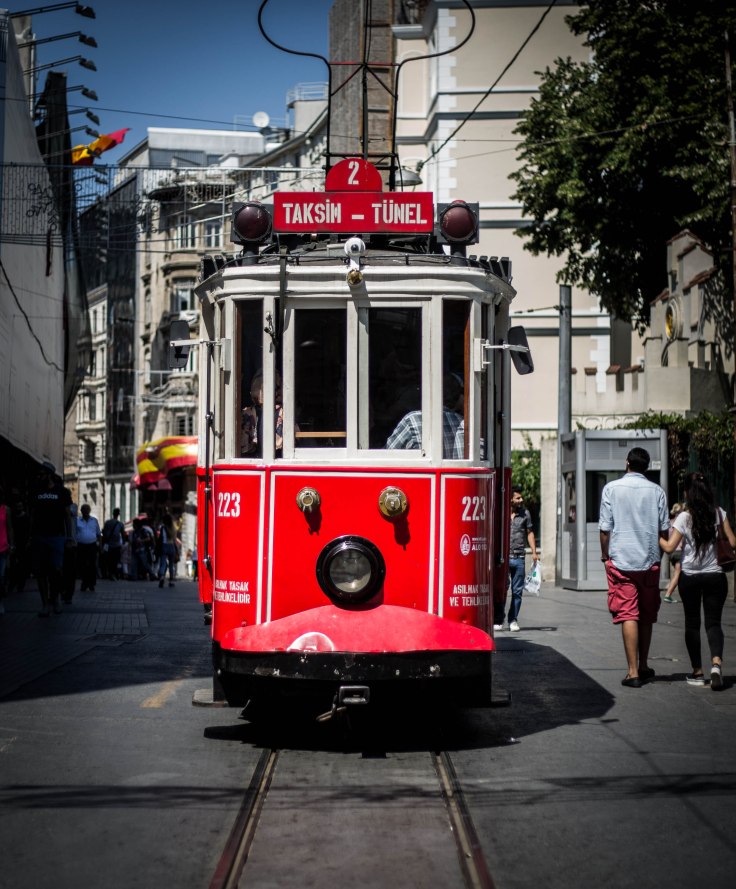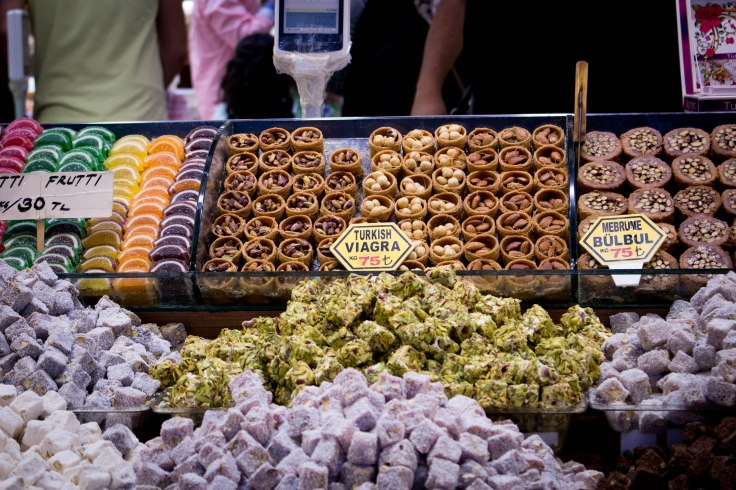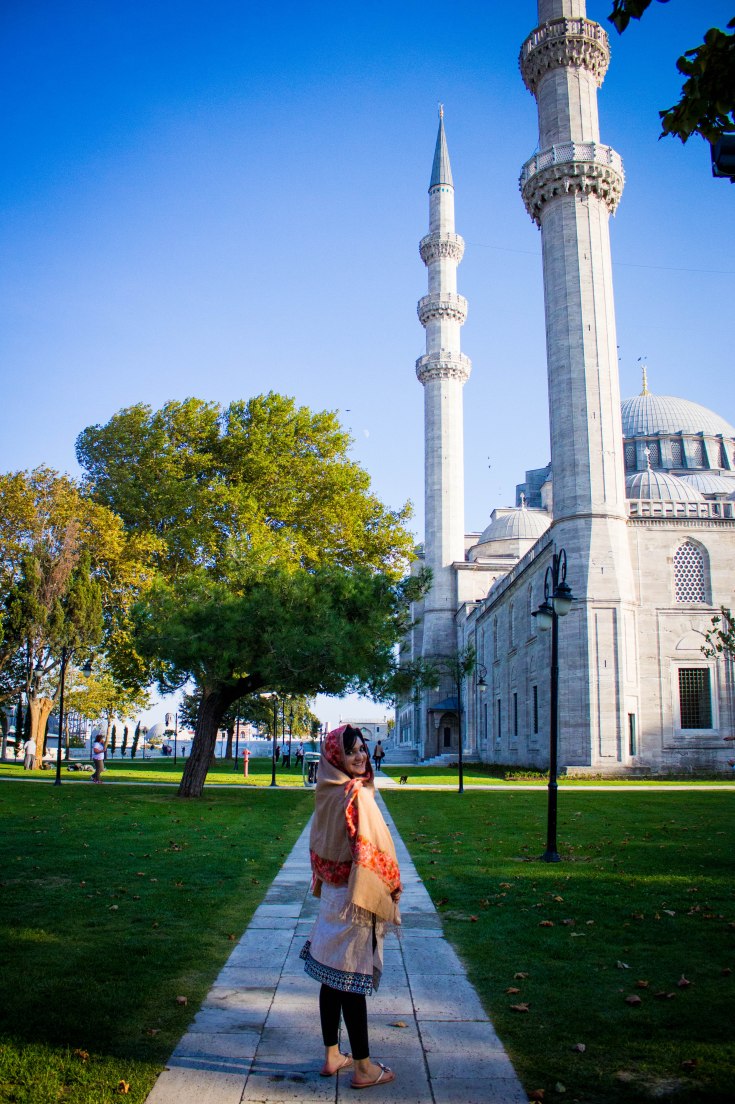Here you can find some of the most essential information such as basic history of Istanbul that will help you understand the city better, visa application details, certain do’s and don’ts for while you’re there to make your trip smoother. If there’s anything else you’d like us to mention here, please let us know in the comments section.
History:
- 666 BC Greek King Byzas established Byzantium.
- 179 BC Byzantium becomes part of the Roman Empire.
- 333 AD Roman Emperor Constantine builds his new capital in the city and renames in Constantinople. During this era, the first Christian Capital of the Eastern Roman Empire became the wealthiest and most spectacular city in Europe. London and Paris during this time were still squalid towns.
- 1453 Ottoman Turks conquer Constantinople and name it Istanbul. Ottoman Sultan Mehmet II brought Islam to the city, changing churches to mosques and building architectural wonders such as the Topkapi Palace, the Grand Bazaar and other grand mosques.
- 1914 Ottoman Empire sides with Germany and Austria-Hungary during World War 1.
- 1923 The Independent Republic of Turkey is established, with a new capital in Ankara. Although 95% of the population is Muslim, Istanbul has a long history of tolerance and multi-culturalism with Jewish and Christian traditions present in the city.
- During the Byzantine, Constantinople and Ottoman time, the city was of utmost importance due to its strategic position on the historic Silk Road, rail networks to Europe and Middle East, and the only sea route between the Black Sea and the Mediterranean.
Other Interesting Facts:
- Istanbul is a transcontinental city in Eurasia, with the Bosphorus strait cutting through the Sea of Marmara and the Black Sea.
- It is the world’s 5th largest city proper and the largest European city with a population of around 14 million.
- In 2010, Istanbul was named the European Capital of Culture being the world’s 5th most popular tourist destination.
Visa:
- E-Visa:
The good news for Pakistanis with a valid Schengen (not expired) or OECD member’s visa (includes U.S., Canada and England) is that they can simply apply for a single entry month long visa online and get it immediately (in literally 3 minutes, it’s like magic!). You may also apply for the visa on arrival at the Turkish airport, though it is better to be safe and the visa fee is apparently higher as well. Visa processing fee for e-visa is 60 Euros per head. All you need to do is print it out. To apply online, use the e-visa link here.
- Regular Visa:
Those without the said visas on their passports will have to apply through the embassy in Islamabad or Karachi. For further details on the addresses of embassies and the visa application requirements, read here.
Best time to Visit:
The months of September to November see the most pleasant weather in Istanbul as well as less crowds and better (cheaper) rates for hotels and airlines. Summers aren’t unbearably hot but may get too crowded and being the peak season are more pricey than usual.
Taxis in Istanbul:
Finding a taxi in Istanbul is easy, but insist on finding a metered taxi so you do not have to bargain rates or end up with really high fares. Do bear in mind though that night rates are usually 50% more than the day rate.
Tipping:
In cheaper restaurants, a few coins suffice as the tip, but in average restaurants it is preferable (but not necessary) to leave 5%, while in expensive restaurants it is a norm to leave 10% in tip. Taxis expect a tip in the form of rounding up to the nearest Lira.
Water:
Recommended to drink bottled water.
Money:
- As of Sep 2015, 1 Turkish Lira = 34 PKR
1 USD = 3.1 Turk Lira
1 Euro = 3.5 Turk Lira
To get the most recent exchange rate, visit this page.
- Turkish Lira comes in notes of 5, 10, 20, 50 and 100. The coins (Kurus) come in 5, 10, 25, 50 Kurus and one Turkish Lira.
- Credit cards are widely accepted in restaurants and shops.
- Euro is highly valued as a currency (more than a Dollar) and can be used to pay for large payments or services like the airport cab or the tour guide.
Local customs and laws:
- You must carry some form of photographic ID in Turkey. Although it is rare that you will ever be asked for it, but not carrying it with you is illegal and you can get into trouble for it. A photocopy of the passport will suffice.
- Do not take photographs near military or official installations.
- Dress modestly if visiting a mosque or a religious shrine. Visitors should remove their shoes and women should cover their heads and arms and not wear short clothes.
- If offered a glass of tea, it is considered rude to refuse.
- It is an offence to insult the Turkish nation or the national flag, or to deface or tear up the currency.
Safety:
Although generally safe, the busy areas of Istanbul like Taskim and Sultanahmet are known for pickpocketing. It is therefore recommended that bags, wallets and cell phones are kept close and taken extra care of in these areas.
Tourist tip:
- Save money on tour guides and print out details of places you intend to visit beforehand. You can find elaborate details on Wikipedia.
- Try to reach the really populated sites like Topkapi Museum as early in the morning as possible to avoid the rush that will eventually build up as the day moves along.
- Please note the timings for the sites in advance. Most places close by 16:00 (Hagia Sofia), 17:00 (Topkapi Museum, Basilica Cistern) or 18:00 (Grand Bazaar, Spice Bazaar) hrs.
Language:
Turkish language shares quite a few words with Urdu like Sabun (soap), Qalam (Pen), etc. When in doubt, try using the Urdu version of the word you’re looking for. Sometimes it really works. Nonetheless, here is a short and sweet list of words you’ll get to use quite often:
- Hello: Merheba
- Yes: Evet
- No: Hayuhr
- Ok: Tamam
- Thank you: Teshekkewr Ler
- Very Good: Chok eeyee
- Where is …? … Nerede?
- Help! Imdat! (Urdu word for you)
- Good bye Gewle Gewle
Generally people in Istanbul speak decent English and you will rarely encounter a language barrier.
Read More:
10 Reasons to Visit Istanbul NOW!





September 29, 2015 at 11:19 am
I am going to Turkey next month. It’s so good to read about all your adventures. Great job ! Can’t wait to read more about your travels. 🙂
LikeLike
September 29, 2015 at 11:35 am
That’s great to hear! Hope these posts help. Will be posting one last post on where to eat and stay in Istanbul soon!
LikeLike
September 29, 2015 at 7:57 pm
Yes, they have helped a lot. Especially this one on the general things there. I am looking forward to the food post. 🙂
LikeLike